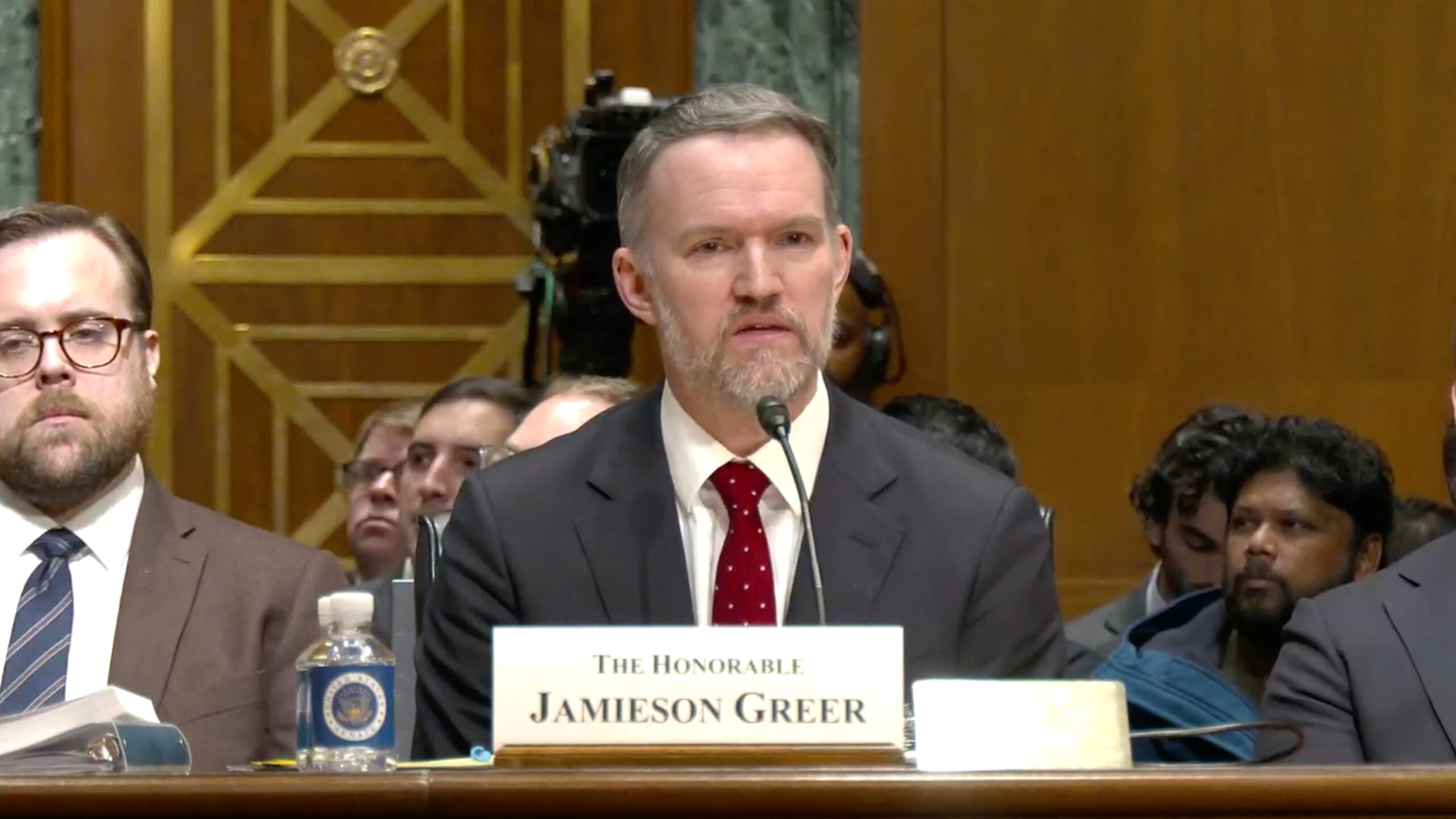By Michael Stumo
American workers pay personal income taxes to the governments of states they work in. But corporations often avoid paying corporate taxes on the profits from earnings in the United States. That’s because multinational corporations and their army of lawyers find imaginative ways to make it appear that an embarrassingly large share of their profits arose in small island countries with low populations and little or no corporate taxes.
Thankfully, the Biden administration has signaled that it wants to end this charade and finally put U.S. companies on a more level playing field with their multinational counterparts.
Earlier this month, President Biden proposed to the Organization for Economic Development (OECD) that countries adopt a system to more fully tax corporate profits on revenues earned within their borders. The new system would specifically apply to the global profits of the world’s largest 100 companies earned on sales within a country, regardless of whether the company is physically present in that country or not.
President Biden’s approach bears the core precepts of a policy known as “Sales Factor Apportionment” (SFA). An SFA system mandates that whatever profits a company earns in a certain country should be taxed there as well. Taxing profits based on sales location eliminates the utility of profit shifting to tax havens like Bermuda and the Cayman Islands.
What is “profit shifting”?
Consider this fictitious example of Worldwide Medicines, Inc. which sells its branded medicines in large industrial countries in Europe and North America. WMI was established forty years ago in the United States, but relocated its headquarters to Ireland because of a low effective tax rate. The company makes its drugs in County Cork in a highly automated process.
WMI created a subsidiary in the Cayman Islands to hold the intellectual property underlying its medicines. It also created another subsidiary in the British Virgin Islands to lend it money. Neither country imposes any taxes on corporate profits.
Although WMI still sells its popular drugs at high prices in the United States and reports high global profits to its shareholders, it reports losses to the IRS. How can this be?
The company strips the profits out of its U.S. sales by paying high royalties to its Cayman subsidiary, high interest rates on loans from its British Virgin Islands subsidiary, and high prices for the drugs purchased from its Irish facilities.
The U.S. is a major source of profit for WMI as a whole, but the internal profit shifting to tax havens created a tax loss at the same time. The result? Fictitious WMI doesn’t owe Uncle Sam a penny.
The current U.S. tax code allows real-world versions of this farce because the IRS taxes the net income that “originated” in their countries. Not surprisingly, highly paid tax accountants and lawyers can manipulate the origin through profit shifting.
If this corporate tax system seems backward, it is. A fairer system would levy taxes based upon where sales occur because it is much harder to manipulate the location of sales to final customers.
Last fall, the Coalition for a Prosperous America (CPA) scrutinized the Securities and Exchange Commission (SEC) filings of America’s 500 largest public companies. They found that these companies paid an average federal tax rate of only 8.7 percent on their pre-tax profits in 2019. That’s far below the current 21 percent corporate tax rate established by the 2017 Tax Cuts and Jobs Act.
However, if these same companies were prevented from shifting their profits out of the U.S., CPA found that the U.S. Treasury would have received $97.8 billion in additional revenues—a 59 percent increase.
To be clear, what President Biden is proposing is a significant, but needed change. If adopted on a larger scale beyond the top 100 global corporations, it would finally end the corporate tax avoidance practiced by the world’s U.S. and foreign multinationals.
Michael Stumo is CEO of the Coalition for a Prosperous America.












